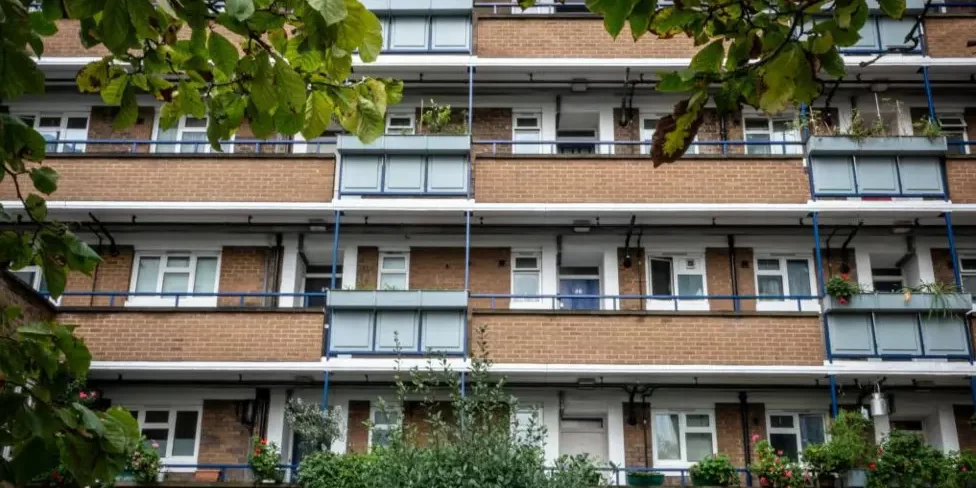Full Article – Social housing complaints soar and watchdog warns of ‘simmering anger’ – BBC News
Housing Ombudsman Richard Blakeway said there was an “imbalance of power” in the tenant-landlord relationship and poor housing conditions risks “simmering anger” turning into “social disquiet”.
He warned without change, England risked the “managed decline” of social housing.
Asbestos, electrical and fire safety issues, pest control and leaks, damp and mould are among the complaints, the watchdog receives.
In its latest report, the Housing Ombudsman, which deals with disputes between residents and social housing landlords in England, said that the general condition of social housing – combined with the length of time it takes for repairs to be done – is leading to a breakdown in trust.
“You’ve got ageing homes and social housing, you’ve got rising costs around materials, for example, and you’ve got skills shortages,” said Mr Blakeway, who spoke to the BBC Radio 4’s Today programme.
“You put all that together and you end up with a perfect storm and that’s what’s presenting in our case work. That is not sustainable.”
He said tenants have “little say in the services they receive, however poor they are” and that this is leading to “growing frustration”.
While he acknowledged that social landlords are putting in “record amounts” for repairs and maintenance – £9bn between 2023 and 2024 – there had been historic underfunding in social housing.
He also said that while landlords have faced “funding uncertainties”, they needed to address their communication with tenants that sometimes “lacks dignity and respect”.
The Local Government Association (LGA), a national body that speaks for councils in England, said the social housing situation is becoming “increasingly unsustainable”.
The body’s spokesperson, councillor Adam Hug said: “Many councils face an impossible choice between running HRAs into deficit or failing to meet statutory repair obligations, including new requirements under Awaab’s Law.”
He added that the government needed to restore the more than £600 million in lost revenue due to the rent cap in 2024/25 and provide a long-term rent settlement that supports financial stability for HRAs.

